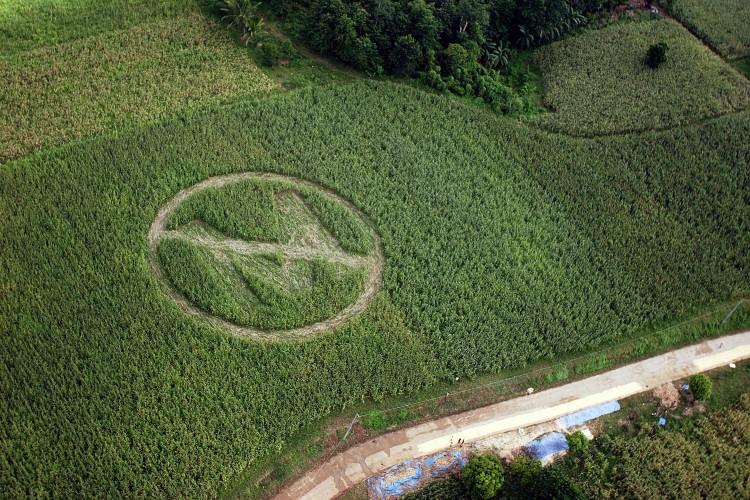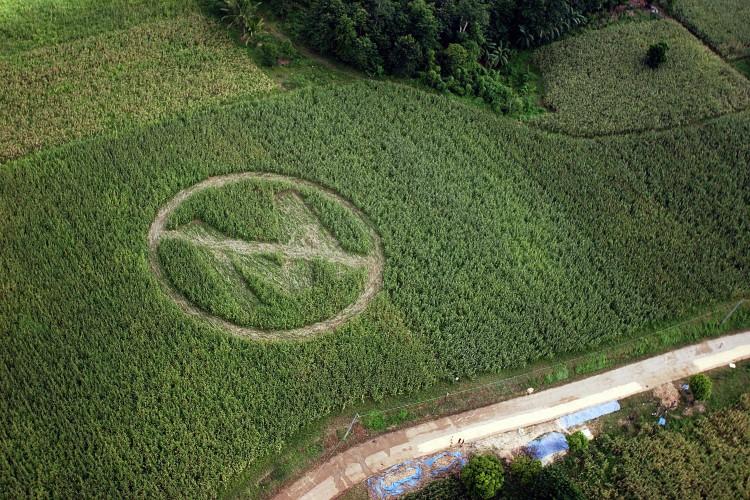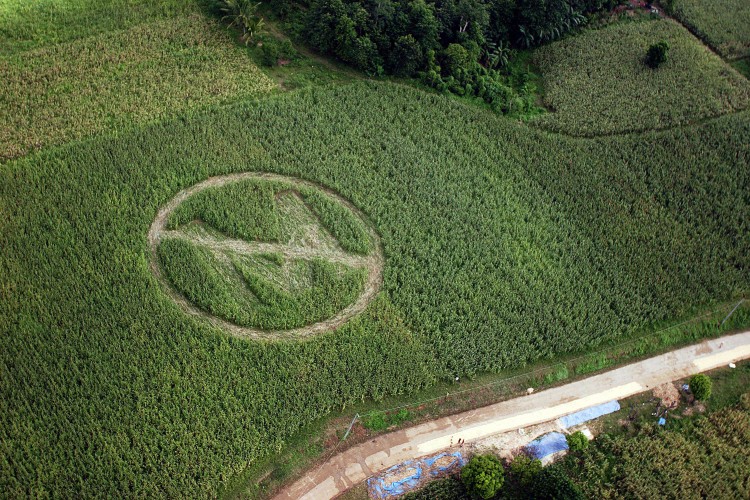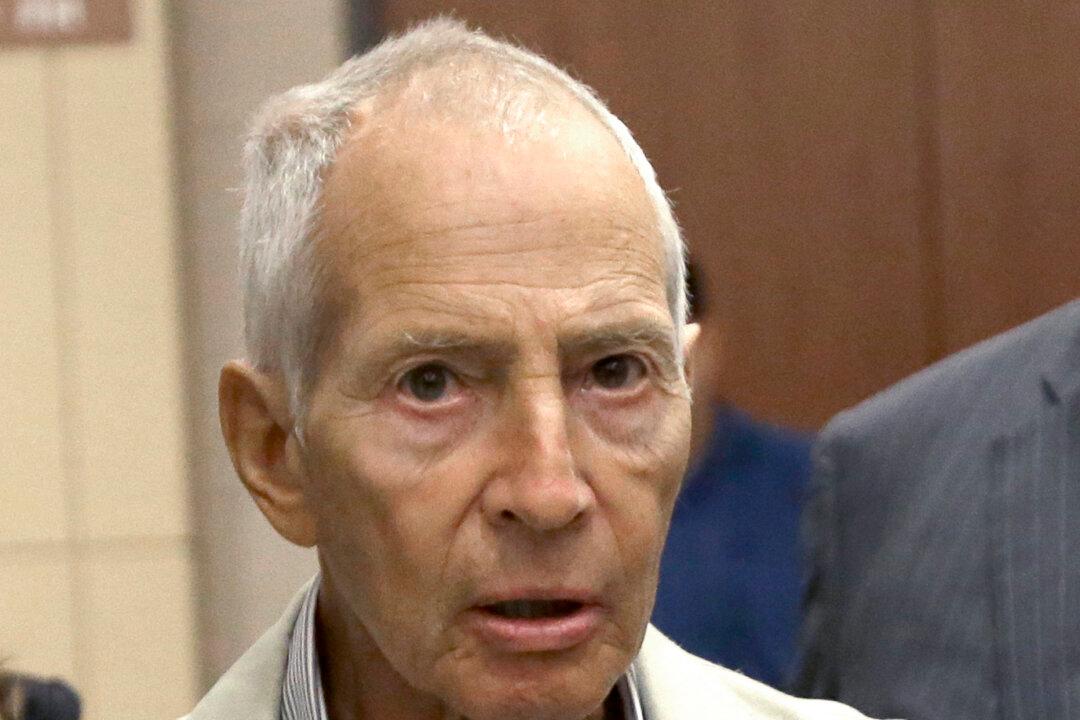The U.S. Supreme Court will hear a case this week involving a 75-year-old Indiana farmer versus Monsanto over his right to plant genetically modified seeds that the agribusiness giant states it holds a patent over.
Vernon Hugh Bowman, the farmer, said that he legally purchased soybean seeds at a grain elevator, which purchased those seeds from farmers who were authorized by Monsanto to sell the company’s genetically modified seeds, according to law firm Frommer Lawrence & Haug LLP, which is representing him. Monsanto contends that it holds patents over those soybeans.
Five years ago, Monsanto, a company worth $12 billion, sued Bowman to prevent him from using and selling soybean seeds taken from plants that were grown from Monsanto seeds, according to the law firm. Those seeds are resistant to herbicides and allow farmers to kill weeds without harming their soybean crops, thus dominating the agriculture industry in the United States.
Bowman must sign an agreement with Monsanto that ensures he will not save his harvest and replant it next season because the company wants exclusive rights to supply that seed, reported National Public Radio. Bowman, however, planted another crop of soybeans taken from the first harvest later in the year. “What I wanted was a cheap source of seed,” he told the public broadcaster.
The law firm stated that Bowman infringed on the patent by using the seeds he bought at a grain elevator to grow soybean crops, but “Bowman asserts that Monsanto’s sales of the original seeds to authorized purchasers exhausted Monsanto’s patent rights and therefore Monsanto cannot enforce its patents against second-generation and later seeds that resulted from planting the original seeds.”
According to a Supreme Court document, the high court will have to determine if “Patent exhaustion delimits rights of patent holders by eliminating the right to control or prohibit use of the invention after an authorized sale.”
When Monsanto took Bowman to court, he was told to pay $84,000 for patent infringement. David Snively—executive vice president, secretary, and general counsel for Monsanto—told NPR, “[Bowman] wanted to use our technology without paying for it,” giving reason for the lawsuit.
In December, the nonprofit groups Center for Food Safety (CFS) and Save our Seeds filed a brief with the Supreme Court in the Bowman v. Monsanto case.
“Mr. Bowman’s case represents a systemic crisis in U.S. agriculture,” said CFS Executive Director Andrew Kimbrell in a press release. “Through a patenting system that favors the rights of corporations over the rights of farmers and citizens, our food and farming system is being held hostage by a handful of companies.”
He added, “Nothing less than the future of food is at stake.”






